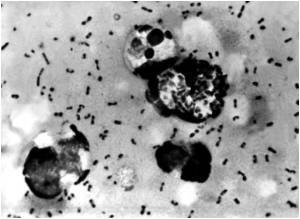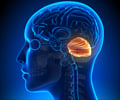From eukaryotic microorganisms to humans, autophagy is a highly conserved process through the evolution of species.

However, it has also been associated with normal procedures like development, differentiation and defence against pathogens. In spite of offering protection to cells, autophagy may also contribute to cell damage. Evangelia Kesidou and colleagues from Aristotle University of Thessaloniki, Greece collected data on molecular mechanisms of autophagy, and the role of autophagic process in acute and chronic neurode-generation.
Their review article, published in the Neural Regeneration Research (Vol. 8, No. 24, 2013), provides an update of the role of autophagic process in representative chronic and acute neurodegenerative disorders.
Source-Eurekalert











